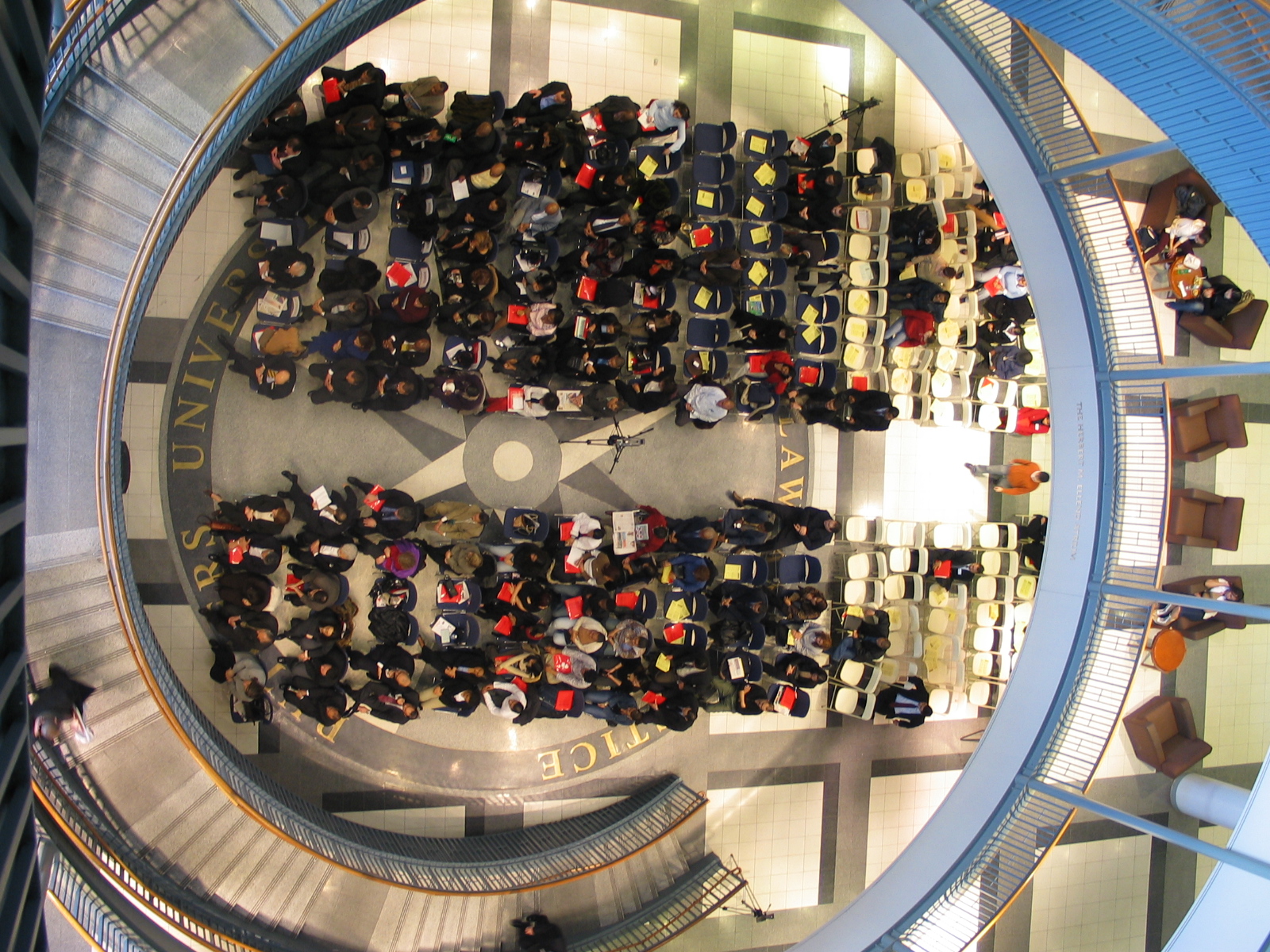
For immediate release Contact: 973-345-3624
thelatinoinstitute@gmail.com and TheCommonRootsProject@gmail.com
Paterson, NJ.–On Thursday, April 12, 2012 at 6pm, the Institute for Latino Studies and the Common Roots Project presented “African American Settlement in the Dominican Republic,” an original documentary about six thousand freed U.S. slaves who settled in Hispaniola and Samana in 1824.
The only presentation scheduled in New Jersey was Thursday, April 12 at 6pm at the Paterson Library located at 250 Broadway Paterson, NJ 07501.
Produced and directed by Nestor Montilla, Sr., the documentary depicts the saga of thousands of free African Americans who fled the United States in the first quarter of the 1800s in search for freedom and equal rights in Hispaniola, an Caribbean island shared today by the Republic of Haiti and the Dominican Republic.
The settlers had to show proof of their freedom in the US before boarding ships headed to Hispaniola.
“I am a fourth generation of the African Americans who settled in Samana in 1824,” said Martha Willmore, a Dominican of African American descent who is featured in the documentary. “They arrived in Samana in small groups with their families and belongings.”
“Almost two centuries have passed,” said Franklin Willmore, an African American descendant and member of the African Methodist Church. “We consider ourselves Dominicans.”
The documentary highlights that, currently, over 80 percent of Samana’s population is of African American descent. It is estimated that there are over one half million Dominicans who are descendants of the African American settlers. At present, there are still over 33 African American surnames in use in the Dominican Republic.
The list includes Vanderherst, Miller, King, Jones, Green, Anderson, Willmore, Johnson, James, Hamilton, Hilton, Jackson, Carey, Redman, Shephard, Kelly, Barret, Coats, Buck, Paul, Dishmey, Simmons, Henderson, Handsburry, Mitchell, Smith, Rodney, Berry Banks, Sidny, Wright, Fershue and Copeland.
“Dominicans are African Americans too,” said Nestor Montilla, Sr. President of the Common Roots Project. “Historically, African American settlers and their descendants have greatly contributed to the socio-economic and political development of the Dominican Republic. A noticeable contribution ignored by historians is that they fought for the independence of the Dominican Republic during the Restoration War. Little known heroes such as Jose Wright, an African American who was promoted to Captain on July 3, 1863, joined one of the Dominican Founding Fathers, General Gregorio Luperon, to fight against Spain’s attempt to dominate the country between 1861 and 1865, a period known as the War of Restoration.
Fred Price, from Medgar Evers College of The City University of New York, participated and shared insights of his visits to Samana.
For more information about future screening call at 973-345-3624 or visit www.thelatinoinstitute.org or write to thelatinoinstitute@gmail.com.
About ILS
The Institute for Latino Studies, Research & Development, Inc., (The Institute), is a non-profit entity recognized by the federal government as a 501 (c) (3) organization. The Institute studies researches, preserves, disseminates and develops the rich literary and cultural heritage of Latinos in the United States.
The Institute believes that a solid understanding in cultural self-identity is an important foundation within a multi-cultural society and an essential tool in this society’s quest for healthy and productive inter-ethnic relations.
About CRP
The Common Roots Project (CRP) is an independent initiative aimed at conducting and disseminating research studies about the cultures, histories and untold stories of the Americas and the Caribbean. Contact CRP via: thecommonrootsproject@gmail.com
